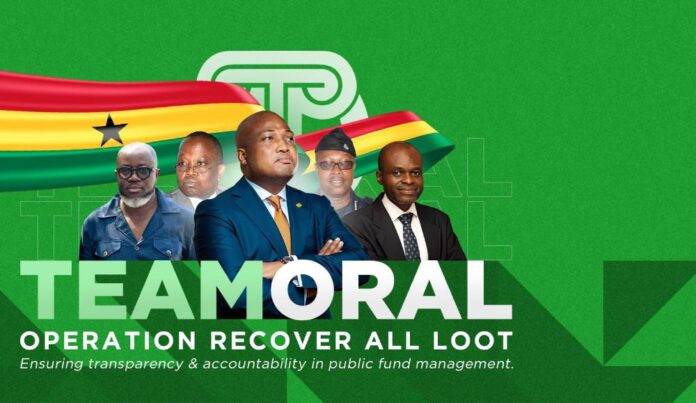Operation Recover All Loot (ORAL) is an anti-corruption initiative launched by Ghana’s President-elect, John Dramani Mahama, aimed at retrieving misappropriated public funds and assets. The initiative involves a five-member committee tasked with gathering evidence to support the prosecution of corrupt officials, thereby promoting accountability and restoring public trust in governance.
Mary Addah, Executive Director of the Ghana Integrity Initiative (GII), has expressed support for the objectives of ORAL but raised concerns about its implementation. She describes the approach as “populist,” suggesting it may be more about appeasing public sentiment than addressing systemic corruption issues. Addah emphasizes the importance of strengthening existing state institutions mandated to combat corruption, such as the Commission on Human Rights and Administrative Justice (CHRAJ) and the Economic and Organised Crime Office (EOCO), rather than creating new committees.
Critics argue that establishing separate committees like ORAL could undermine the authority and effectiveness of existing anti-corruption bodies, potentially leading to overlaps and conflicts in jurisdiction. They advocate for providing adequate resources, autonomy, and support to these institutions to enhance their capacity to fight corruption effectively.
In response to such concerns, President-elect Mahama has clarified that ORAL is not intended to replace or undermine state institutions but to complement their efforts by ensuring thorough evidence collection and facilitating the prosecution of corruption cases. He reassures that the initiative is not a witch-hunt but a genuine effort to tackle corruption and promote good governance.
The debate surrounding ORAL highlights the complexities involved in addressing corruption. While the initiative’s goals are widely supported, its implementation strategy has sparked discussions about the most effective means to combat corruption without duplicating efforts or undermining existing institutions.


